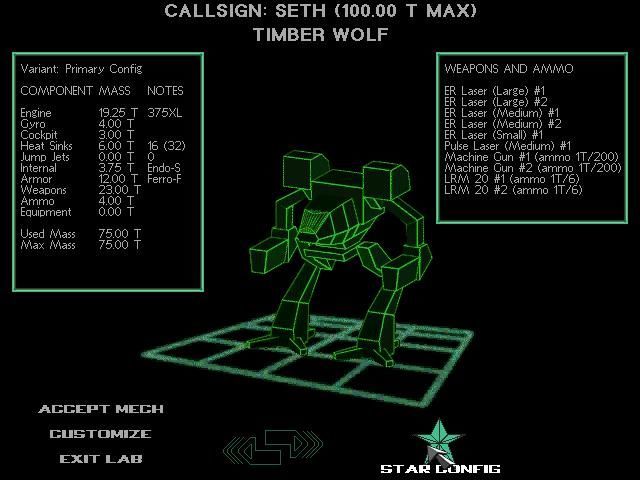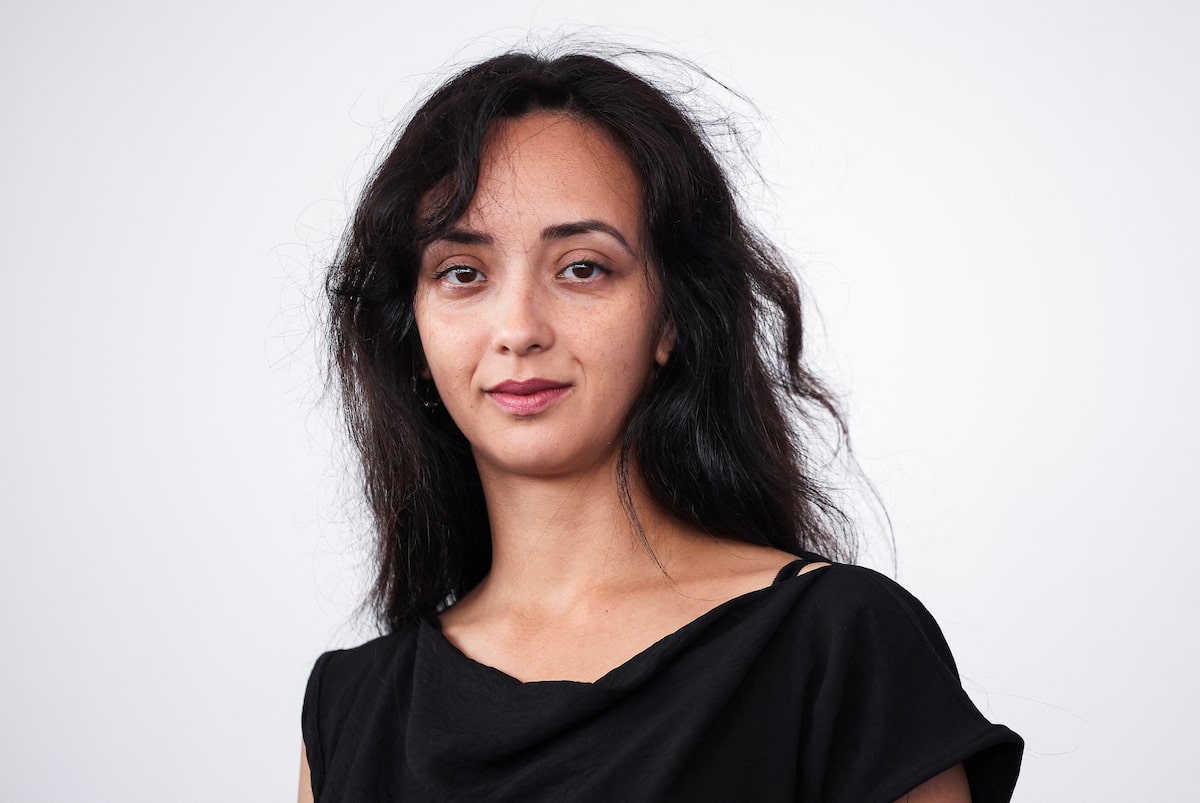Was there any official permission obtained, or any dialogue with the Russian state?
There was none, because they’d never allow me to go. Even the state-funded media that the government trusts, very few go to the front and when they do it’s very managed. I had been working at the CBC, and then they got kicked out of Russia in the summer of 2022. So I didn’t have a press card. I was self-employed. I couldn’t have even applied for official accreditation..
Before the CBC, you worked for the Russian state-controlled media company RT, which is banned in Canada. Naturally, this has cast a propagandistic shadow over your new film.
I worked for RT Documentary, not RT News. RTD is a sister channel of RT. When I worked there from 2014 through 2020, my focus was on the Middle East. I had an obsession on all topics concerning ISIS. Originally, I put forth two conditions on my employment: I’ll never have any narration in my films, and there will never be any correspondents. I would never have someone saying, “We’re on the border of Iran and Syria and this feels like this,” because that’s where you can add narrative that you haven’t filmed yourself. I offered them cinema verite, for television, and they agreed. And then the relatively liberal atmosphere in which we were working started to change, so I quit to start working with the CBC.
In this film, we don’t see any of the devastation caused by Russian soldiers in Ukraine. There are no Ukrainian voices. Why limit the perspective?
Because I had no access to the Ukrainian side. There are few journalists able to work in both countries. For me to go to Ukraine as a Russian, I would be branded a spy or attacked. The fact that I used to work for RTD doesn’t help. I wouldn’t have been able to cover both sides of the front.
The Russian soldiers onscreen start off mostly convinced that they’re on the right side of history, with one repeating the Putin lie about how they’re there to fight Nazism. And yet there’s never any pushback from you. Why not provide context?
I had no idea I would be able to film this world. It was nothing short of a miracle, because I was missing this human portrait from the war on the Russian side. Anything they said, I was there to listen, not to preach about what I know about the war. They were completely shrouded from the rest of the world. The Nazism, we hear a lot about that in Russian media. But it’s their reality. When making documentaries, we want to show the reality of people and their motivations – what they believe. But you see, I ask him again later in the film why he’s still fighting, and he says he doesn’t even know.
There is a lot of conjecture online about whether or not the film received Russian approval or funding.
One-hundred per cent, no. I’m trying to be calm, but I want to ask how the hell does anyone think the state would pay me to go to places where Russian state media is not even allowed? There’s a lot of criticism online because I worked for RT. We also have to understand that Russia is the world’s biggest country and RT is Russia’s biggest broadcaster. If you can make the stories that you’re not ashamed of, then you go for it.
Other reporting
https://www.theguardian.com/film/article/2024/sep/07/documentary-russians-at-war-accused-of-false-picture-soldiers-invading-ukraine
https://nypost.com/2024/09/07/world-news/critics-cry-propaganda-over-film-portraying-russian-soldiers-as-victims/
https://www.euronews.com/culture/2024/09/06/sympathetic-view-of-russian-soldiers-creates-controversy-at-venice-film-festival
https://kyivindependent.com/documentary-humanizing-russian-soldiers-fighting-in-ukraine-sparks-outrage-at-venice-film-festival/ ![]()
https://myrotvorets.news/na-venetsiiskomu-kinofestyvali-huma/ 👀



nooo my farmers